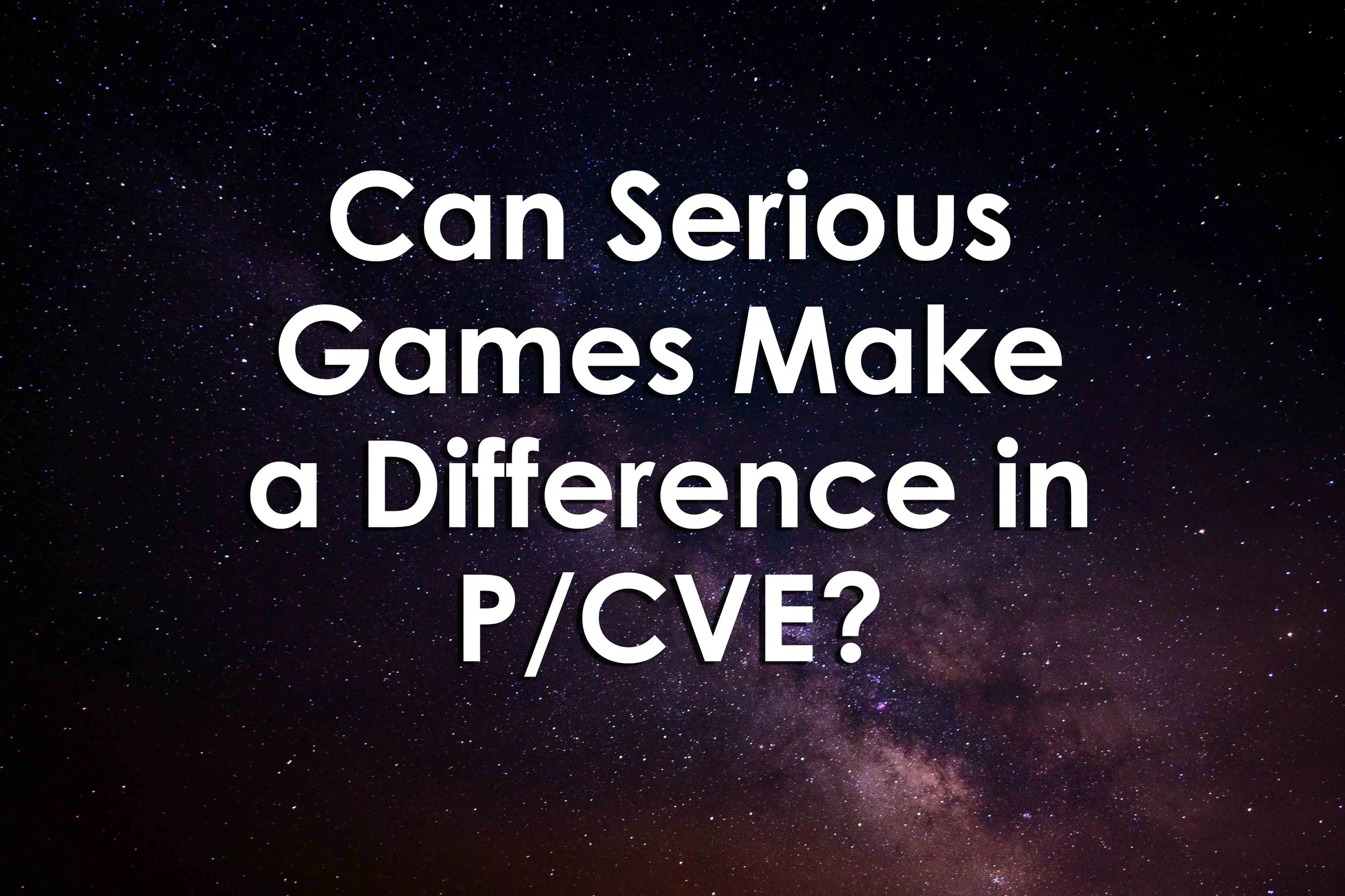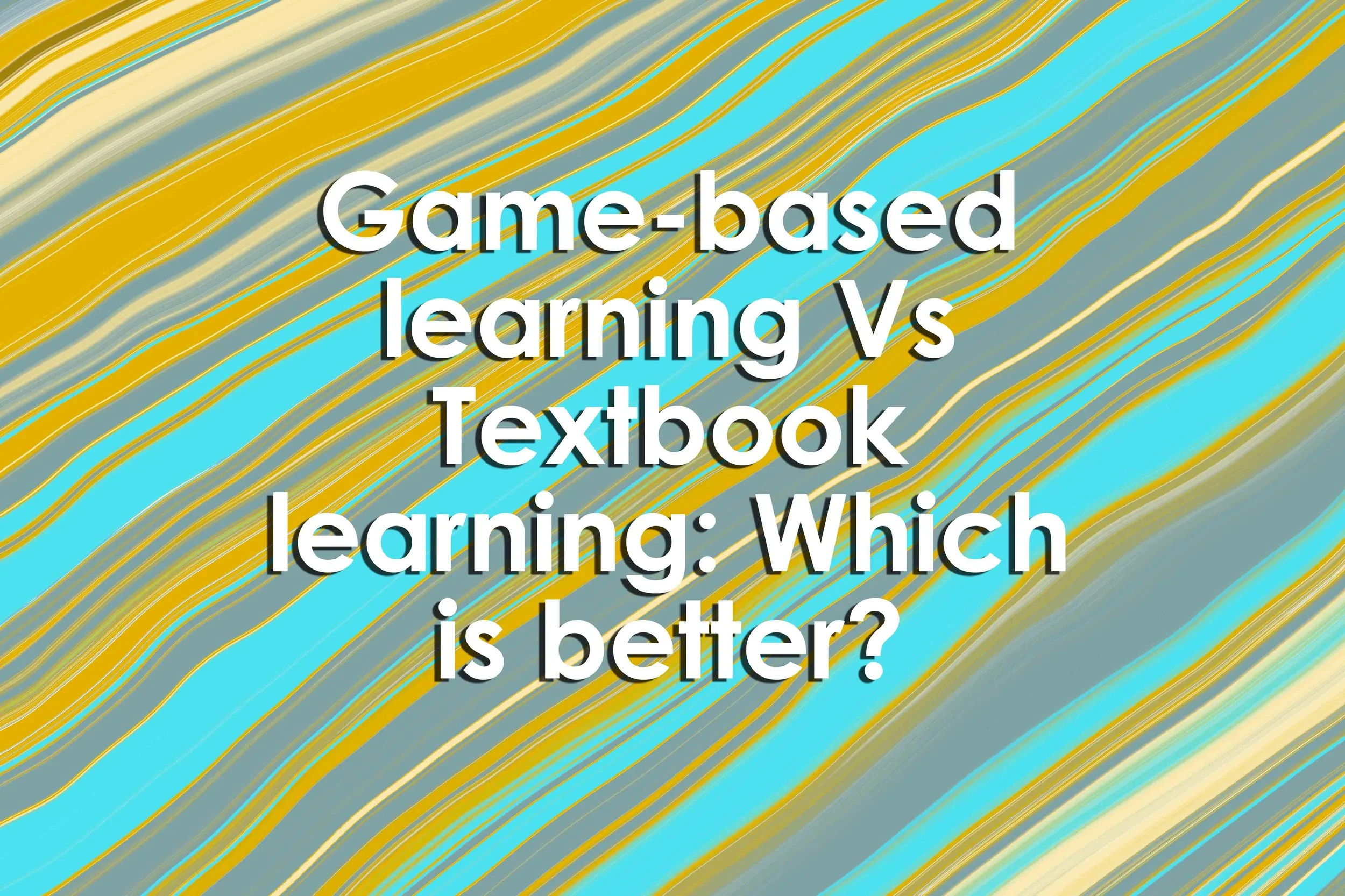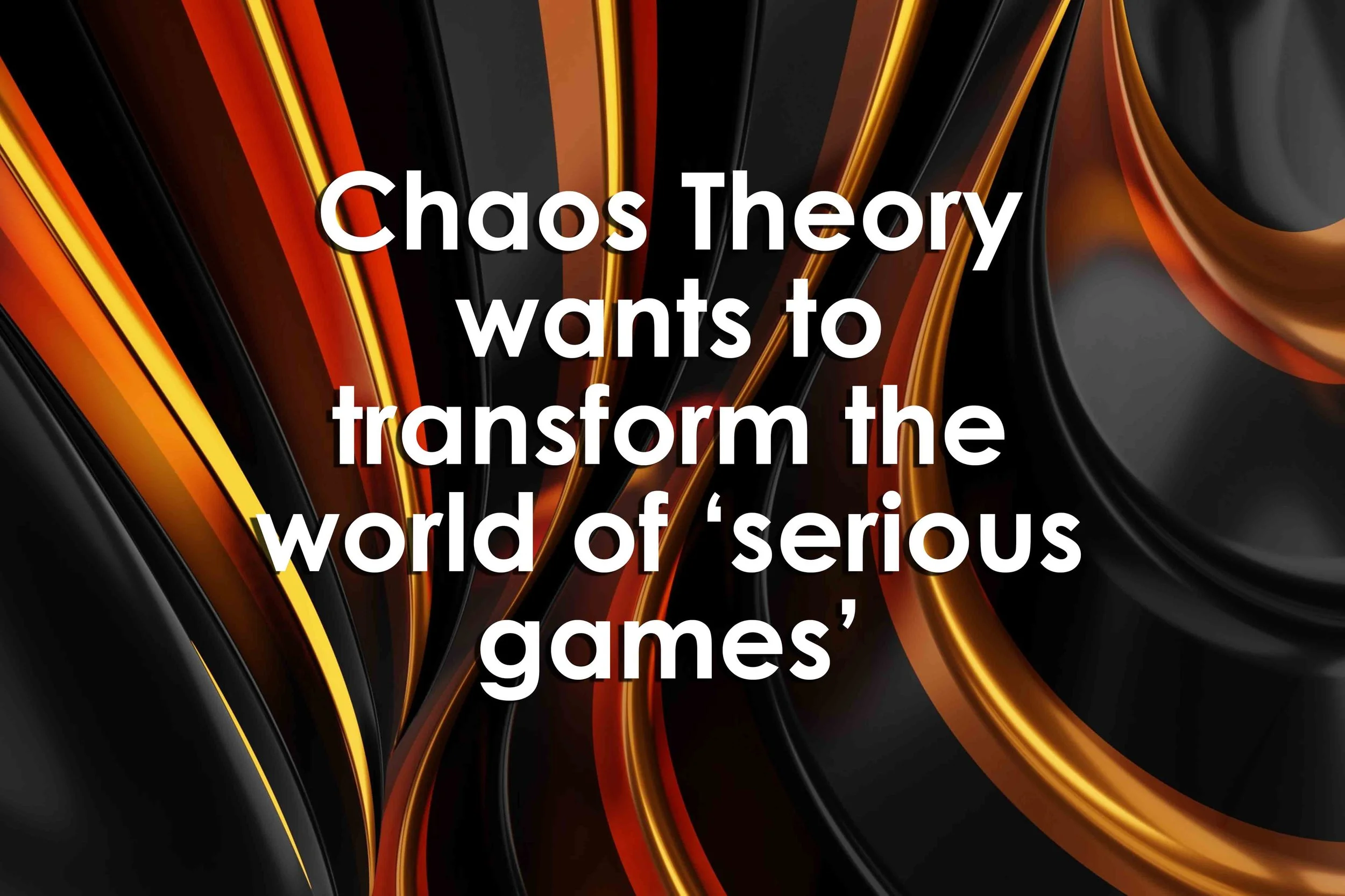Call for Session Proposals: Games-Based Learning Virtual Conference 2023
Read MoreAn educational game designed to teach kids the emerging concept of agrivoltaics will get a test run this fall at two kid-friendly Midwest museums. A team led by University of Illinois Urbana-Champaign researchers is developing an educational game it hopes can inspire future farmers to think differently about solar power.
Read MoreDue to its effectiveness in producing greater learner engagement and better overall learning outcomes, over the past decade or so there's been tremendous interest in game-based learning. Learners can share what they learn with friends and family via Facebook, Twitter, etc.
Read MoreOne of my nephews sometimes explains to me about how he develops an avatar for his Minecraft game. Applying games in teaching is one way to spark students' interests, especially in pursuing STEM education. The types of games and the components that could be included in a game are virtually endless.
Read MoreHow about using games for P/CVE purposes? Some serious games have already been developed and rolled out in prevention work, such as Flashpoints. Mapping a target group was necessary to capture who might be interested in games and what their aesthetic, thematic and gaming preferences might be.
Read MoreLike the general, a game player must recognize his interaction with other intelligent and purposive people. The essence of a game is the interdependence of player strategies. A general principle for a player in a sequential-move game is to look ahead and reason back.
Read MoreSackson participated in multiple gaming groups throughout his life, but Bernice and Sackson also seemed to delight in inviting fellow gamers over to the house for a more intimate evening of dinner and games. 14 The collection was thus auctioned off in parts soon after the resolution of Sackson's estate, with many of the games stamped with the mark "From the Personal Collection of Sid Sackson - signature".
Read MoreThe aim of this research is, following the example of Litherland,23 to analyze the quality of the player experience while accounting for a range of factors: the emotions of the players; the agents involved; the institutions like the rules of the game or the framing of game context which indicates the process in which the participants negotiate a shared understanding and conventions in interpreting said rules;25 and lastly the contexts which may refer to the physical medium in which the game in played.
Read MoreWhile scholarly analysis of TTRPGs often focuses on player's experiences of role playing as human-like agents, scholars of TTRPGs recognize that role-playing games simulate "Worlds" or "Places"7 - or, alternately, though TTRPG scholars rarely use this language, "Nature" or "Environments." Tabletop RPGs may not be "Virtual" worlds in the sense of a highly-realistic, highly visual, high-polygon representation of the natural world.
Read MoreGame-based learning is built on the idea of teaching through repetition, failure, and goal achievement which incorporates game features and concepts into the learning activities themselves. Students learning Economics, for example, can compete in a virtual stock-trading competition; difficult science concepts can also be made easier to understand using several games.
Read MoreGamification might be the answer if you're looking for a way to make teaching financial responsibility more palatable for you and your students. Gamification can help you teach financial responsibility in a fun and engaging way.
Read MoreFor Sydney-based game developer Chaos Theory Games, this transformation is what truly defines the 'serious games' industry. 'I definitely prefer the term "Transformational games" because I think it's more descriptive of the sorts of experiences that we build,' Nico King, Executive Creative Director at Chaos Theory told GamesHub of the team's approach to serious games.
Read MoreIf history is the only true teacher, then Assassin's Creed could soon be the best school to learn about life in Ancient Egypt and how the crusaders crushed the enemies of the Latin Church. With the Discovery Tour series, history is now front and centre. Assassin's Creed Discovery Tour series: How it came about.
Read MoreGamification, as defined in the dictionary, is "The application of typical elements of game playing to other areas of activity." This article will explore why gamifying education is essential, especially since we are now living in a time of remote learning and educating. Gamification - an Overview The turning point for gamification in education came with the development and creation of Foldit, a highly-popular online puzzle video game.
Read MoreAbout three in four video gamers think global warming is happening, and the majority of video gamers understand that global warming is mostly human-caused. Most video gamers think global warming will harm plant and animal species, future generations of people, people in developing countries, the world's poor, people in the U.S., people in their community, their family, and themselves personally.
Read MorePeople often discuss the idea of using memory games for dementia that can help stimulate the brain. In this article, we explore how brain games might help with cognitive functions, and the best games to play. A more recent analysis on the research surrounding brain games and cognitive impairment found that brain games weren't more effective for improving cognitive function than control interventions.
Read MoreIf we look at computer games for education, games have been developed for young children to learn numbers, letters, colors, and all these things while socializing. If we see a shooting game while playing it, if it is a multiple-player game, people will get a chance to associate with their close friends.
Read MoreThe expression is appropriate not only because of its ingenuity, but also because dating apps are becoming more and more like video games. A study by Stanford University in the US found that 39% of heterosexual couples and 60% of same-sex couples meet through dating apps.
Read MoreEven where employee involvement is necessary, AI is there again to drive decision-based or predictive-routing algorithms of customer interactions, expediting the engagement journey for customers. This is why gamification has come to the forefront not just as a gimmick, but as a way to ensure that regardless of the business objective, employees engage with it.
Read More"We are interested in making students immerse themselves into learning, and I think that VR technology is a nice tool to help implement the gamification method in teaching." During the press briefing, reporters had a chance to try on the Meta Quest 2 headsets and experience VR education programs firsthand.
Read More




















